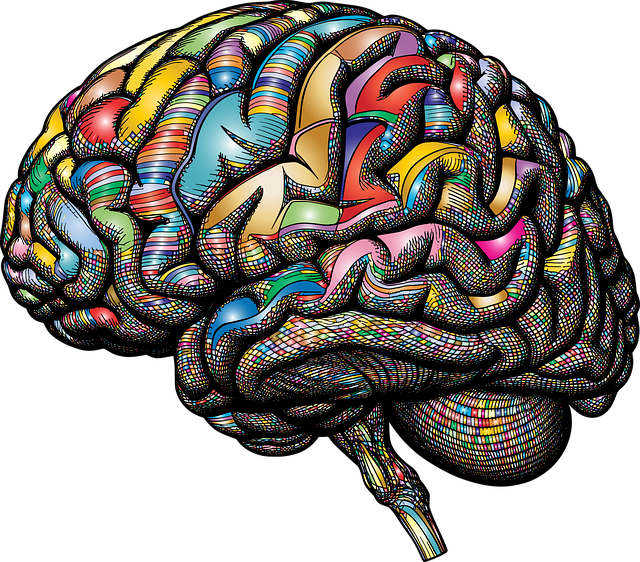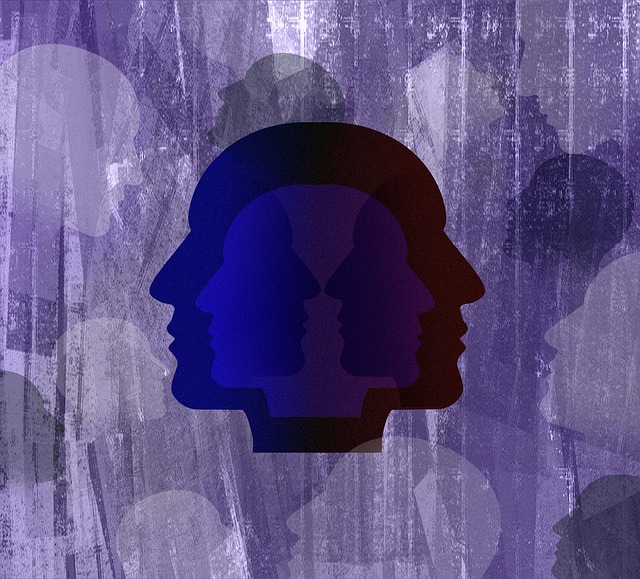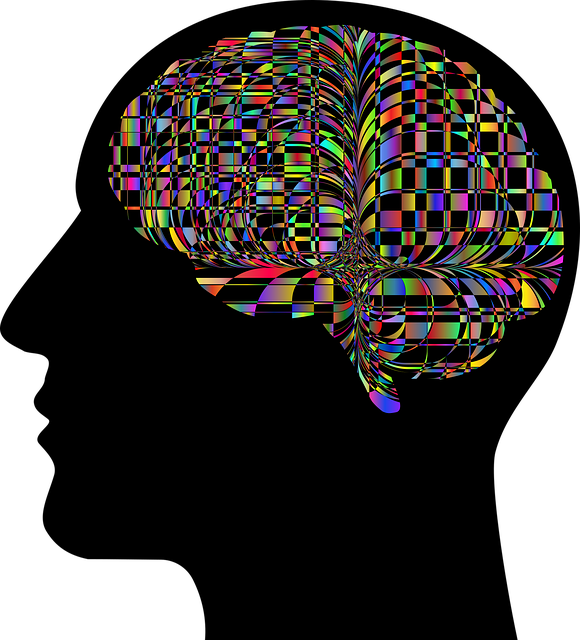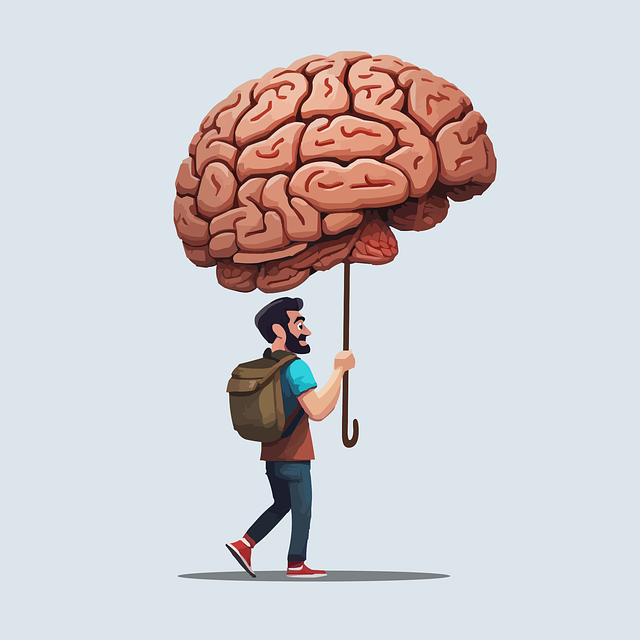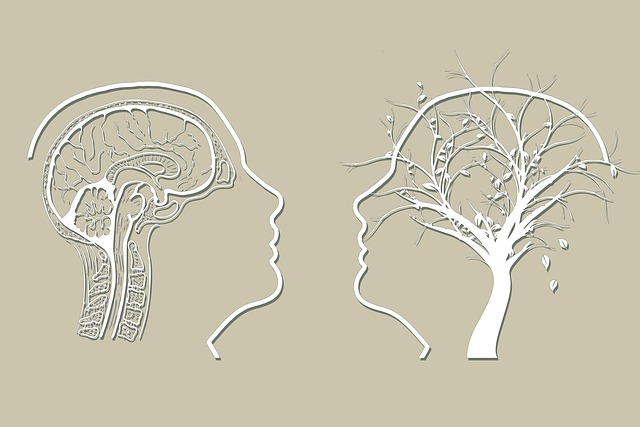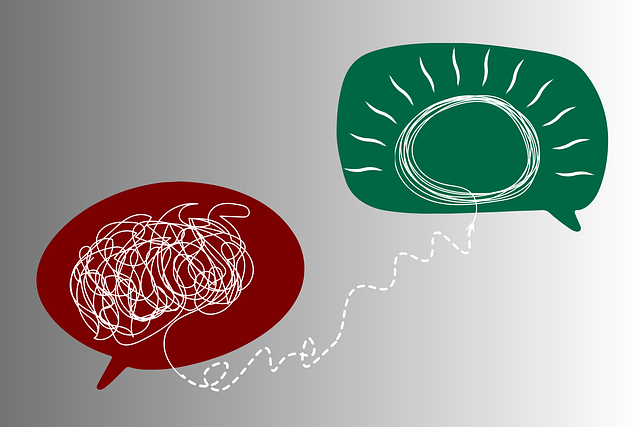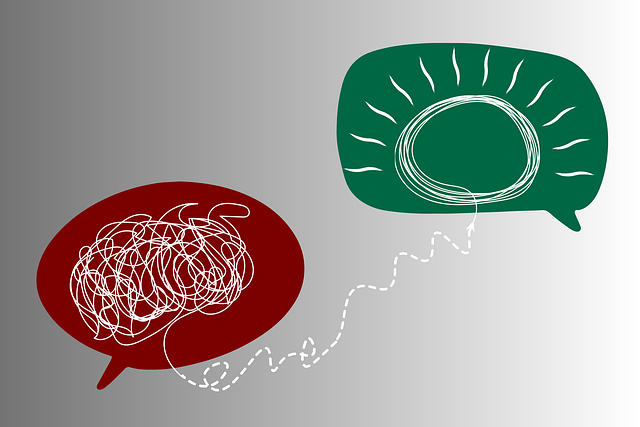Diagnosing mental health issues within Russian-speaking communities faces significant challenges due to cultural barriers and limited resources, exacerbated by stigma. However, progress is being made through culturally tailored therapy focusing on coping skills development and stigma reduction. Enhancing cultural sensitivity in mental healthcare practices is crucial for improving diagnosis accuracy, especially for children where symptoms may be subtler. Innovative approaches like emotional intelligence training and stress management techniques are emerging as powerful tools. There's a growing recognition of the need to enhance mental health services for Russian-speaking children, with professional development programs focused on evidence-based therapy and cultural sensitivity. These initiatives aim to reduce stigma and improve community mental well-being by providing accessible, effective, and culturally competent therapy.
Mental illness diagnosis accuracy is a critical issue, especially within Russian-speaking communities. This article delves into the multifaceted challenges faced by mental health practitioners, exploring cultural sensitivities as a key driver for improvement. We examine innovative therapy approaches tailored to children, with a specific focus on Russian-language support. Furthermore, it highlights professional development initiatives aimed at enhancing the effectiveness of care for Russian-speaking regions, ultimately striving for more accurate and compassionate diagnoses.
- Understanding the Challenges of Mental Illness Diagnosis in Russian-Speaking Communities
- The Role of Cultural Sensitivity in Improving Diagnosis Accuracy
- Innovative Therapy Approaches for Children: A Focus on Russian-Language Support
- Enhancing Professional Development for Mental Health Practitioners in Russian-Speaking Regions
Understanding the Challenges of Mental Illness Diagnosis in Russian-Speaking Communities

Diagnosing mental illnesses within Russian-speaking communities presents unique challenges due to cultural barriers and a lack of accessible resources. In many cases, individuals face difficulties in communicating their symptoms or understanding the nature of mental health concerns, often attributed to the stigma associated with these issues. This is particularly evident when it comes to children, for whom recognizing emotional distress may be more subtle. The language barrier further complicates matters, as accurate diagnosis requires precise and culturally sensitive communication.
The Russian-speaking community, like many others, has been making strides towards improving mental health care accessibility. Therapy for children in this linguistic group is becoming increasingly tailored to their cultural needs, incorporating elements of coping skills development and mental illness stigma reduction efforts. Professionals are also focusing on enhancing cultural sensitivity in mental healthcare practice, ensuring that services are inclusive and effective for all.
The Role of Cultural Sensitivity in Improving Diagnosis Accuracy

Cultural sensitivity is a vital aspect of enhancing mental health diagnosis accuracy, especially when serving diverse communities. Many Russian-speaking children and families face unique challenges in accessing appropriate therapy due to language barriers and cultural nuances. Providing therapists with training in cross-cultural competencies ensures they can offer tailored support, overcoming potential misunderstandings and miscommunications. This approach respects the child’s cultural context, fostering a safe and effective therapeutic environment.
Incorporating compassion cultivation practices and inner strength development into therapy sessions can significantly improve diagnosis accuracy. By creating a supportive atmosphere that acknowledges cultural differences, therapists can gain the trust of Russian-speaking families. This encourages open dialogue, enabling professionals to better understand the child’s experiences and symptoms within their cultural framework. As a result, mental wellness podcast series production may become more inclusive, ensuring that all children, regardless of their ethnic or linguistic background, receive accurate diagnoses and effective treatment.
Innovative Therapy Approaches for Children: A Focus on Russian-Language Support

In recent years, there has been a growing emphasis on improving mental illness diagnosis accuracy for children, particularly within communities with limited access to Russian-language support services. Innovative therapy approaches are emerging as powerful tools to address this gap. One such approach is integrating emotional intelligence (EI) training into treatment plans. By enhancing EI skills, therapists can better understand and interpret children’s behaviors, leading to more accurate diagnoses. This is especially beneficial for Russian-speaking children who may face cultural or language barriers in expressing their emotions.
Moreover, mental health policy analysis and advocacy play a crucial role in ensuring these innovative therapies are accessible to all. Efforts to improve diagnosis accuracy must be accompanied by policies that promote equal access to quality care. Stress management techniques tailored for children from diverse linguistic backgrounds can also contribute to better outcomes. Such initiatives not only improve individual well-being but also foster a more inclusive and supportive mental health ecosystem.
Enhancing Professional Development for Mental Health Practitioners in Russian-Speaking Regions

In Russian-speaking regions, there’s a growing recognition of the need to enhance mental health services, particularly for children. Professional development programs focused on therapy for children in these areas are essential to improve diagnosis accuracy and treatment outcomes. These initiatives should prioritize training mental health practitioners in evidence-based practices, with a specific emphasis on emotional intelligence and emotional regulation techniques tailored to cultural sensitivities. By investing in such programs, the goal is to reduce the stigma surrounding mental illness while equipping professionals with advanced skills to better assist young individuals from diverse backgrounds.
Moreover, incorporating mental illness stigma reduction efforts into these training curricula can significantly impact community engagement. Educating practitioners on how to navigate sensitive discussions and provide supportive environments for children struggling with their mental health fosters a more inclusive approach. This holistic strategy ensures that therapy for children in Russian-speaking regions becomes more accessible, effective, and culturally competent, ultimately improving overall mental well-being within these communities.
Mental illness diagnosis accuracy is a complex issue, particularly within Russian-speaking communities. By addressing cultural sensitivities and implementing innovative therapy approaches tailored to these communities, such as focusing on Russian-language support in child therapy, significant improvements can be made. Enhancing professional development for mental health practitioners is paramount to ensure they are equipped to provide culturally competent care. These efforts collectively work towards a more inclusive and effective healthcare system for all, especially when it comes to therapy for children in Russian-speaking regions.


